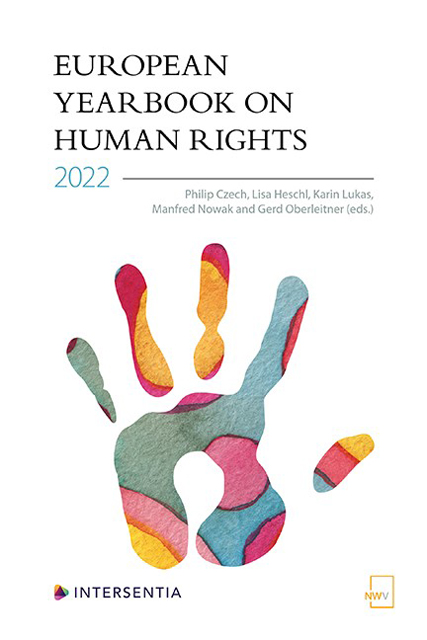Practical Perspectives of Universal Jurisdiction in the OSCE Region: Factors to Ensure Accountability of Perpetrators for Torture
Published online by Cambridge University Press: 20 April 2023
Summary
ABSTRACT
Organization for Security and Co-operation in Europe (OSCE) participating States have repeatedly expressed concern about the persistence of cases of torture and other ill-treatment, partly due to ongoing impunity for the perpetrators. One way to ensure that perpetrators are held to account is by universal jurisdiction, whereby a state is allowed, under its domestic laws, to prosecute crimes committed outside of its territory, and where neither the perpetrator nor the victim is their own citizen. There are many scholarly articles analysing the legal basis for pursuing universal jurisdiction, as well as those documenting the numerous challenges associated with it. However, less literature is available depicting lessons learned and practical factors that contribute to successful prosecutions. This contribution will examine key factors for successful litigation, in practice, using universal jurisdiction, referencing cases in OSCE participating States, so as to contribute to combating impunity for perpetrators, and thereby also disincentivising the use of torture or other ill-treatment.
INTRODUCTION
The necessity of holding perpetrators of serious human rights violations to account has, unfortunately, become even more poignant. Recourse to international judicial mechanisms has been heavily covered in the media following Russia’s military attack in Ukraine. The international armed conflict has certainly increased global attention with respect to accountability for international crimes. On 28 February 2022, the International Criminal Court (ICC) prosecutor sought authorisation to open an investigation into the situation in Ukraine, and on 2 March 2022 confi rmed that his offi ce has received referrals of the situation in Ukraine from 39 ICC States Parties. On 3 March 2022, and following consultation with Ukraine, 45 OSCE participating States invoked the Moscow Mechanism in order to ‘address the human rights and humanitarian impacts of the Russian Federation’s invasion and acts of war, supported by Belarus, on the people of Ukraine, within Ukraine’s internationally recognised borders and territorial waters’. Such a mechanism is important for the documentation of human rights violations.
Earlier this year, in January 2022, the Koblenz court in Germany convicted a senior Assad government official, Anwar R, for crimes against humanity in Syria. The court found him guilty of being the co-perpetrator of torture, 27 murders, and cases of sexual violence and other crimes in the al-Khatib Branch.
- Type
- Chapter
- Information
- European Yearbook on Human Rights 2022 , pp. 591 - 620Publisher: IntersentiaPrint publication year: 2022



